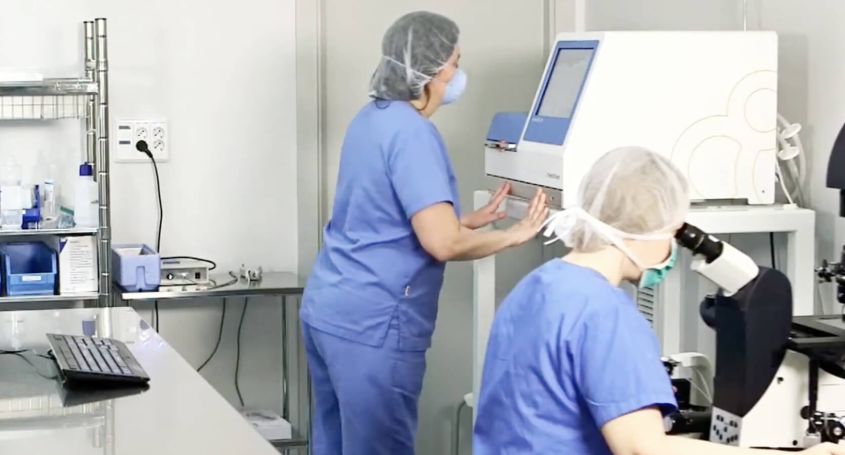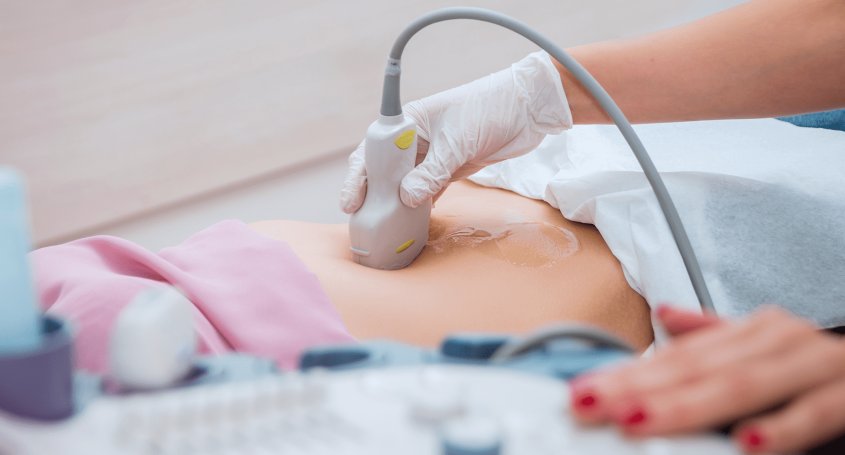In fertility treatments, each step is studied in detail in order to achieve the best results. One of the most important is the selection of embryos for transfer to the uterus. But do you know how the best embryos are chosen? Do you know what technique we use to avoid genetic diseases? We will tell you about it below.
What factors are taken into account when choosing the embryos?
When we have to select the embryos, we observe morphological and dynamic parameters. Using the microscope, we observe the symmetry of the cells, the rate of division or the presence of fragmentation, among other aspects. In addition, another phase of embryo selection is the pre-implantation genetic diagnosis.
What is pre-implantation genetic diagnosis?
It is a technique used in fertility clinics to detect genetic disorders in embryos before transferring them to the uterus. Thanks to this technique, we avoid genetic diseases such as muscular dystrophy, cystic fibrosis or thalassemia. It can also be indicated in the case of repeated miscarriages to ensure the transfer of genetically normal embryos and avoid a new miscarriage due to chromosomal alteration.
How is this technique performed?
Once in vitro fertilization has been carried out, we perform a biopsy of each embryo. By doing this genetic analysis of the biopsy, we select the genetics of the embryos, discarding those that have a specific congenital disease or chromosomal alteration. Once selected, the embryo transfer to the uterus is performed.
What happens to the healthy embryos that are not transferred to the uterus?
Those embryos that have been selected but not transferred can be frozen by vitrification for later use if necessary.
What are the advantages of pre-implantation genetic diagnosis?
This technique in which genetic selection is carried out implies precision in the selection of embryos, which translates into genetic improvement. In addition, it also helps to increase the pregnancy rate, given that the transfer of embryos with genetic anomalies can increase the percentage of miscarriages.
And you, did you know about this technique? If you want to know more, visit our website or ask for your first appointment.















